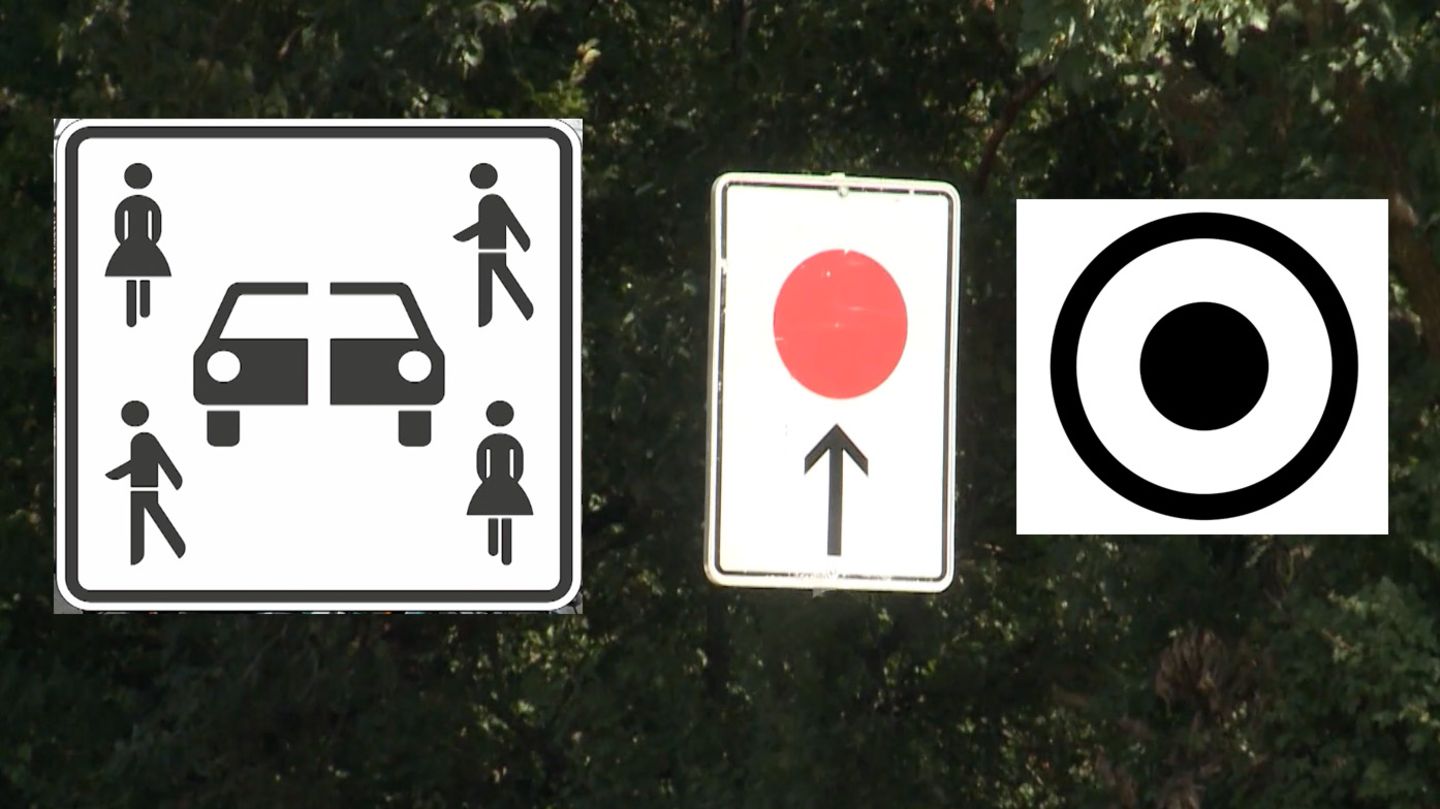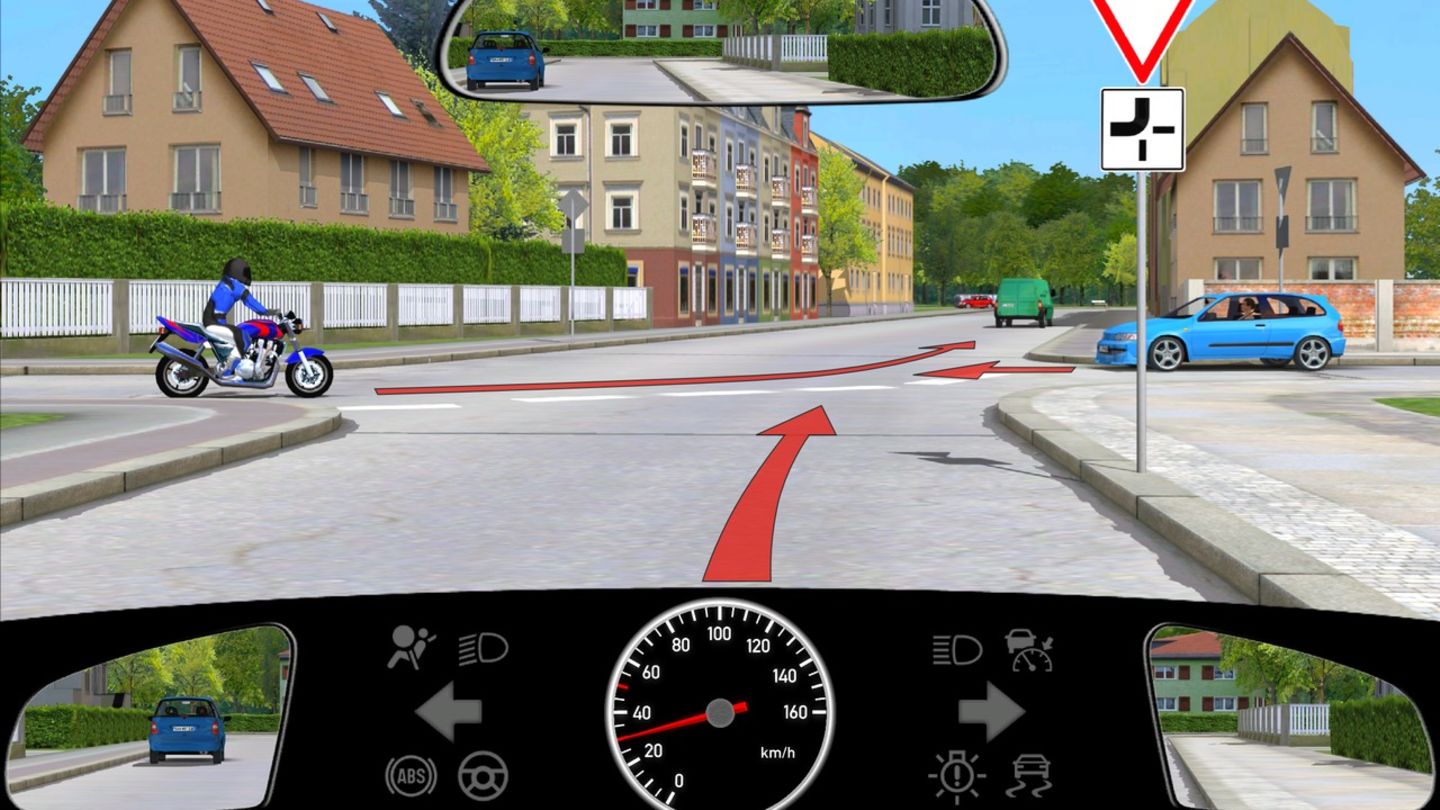The building authorities in Germany are approving more new apartments. However, it is controversial whether this will ease the situation on the housing market.
The number of building permits in Germany increased in the first half of the year. The authorities approved the construction or conversion of 189,781 apartments. That was 7.7 percent more than in the same period of the previous year, as reported by the Federal Statistical Office in Wiesbaden.
There was a particularly strong increase of 37.5 percent in the construction of two-family houses. From the point of view of the construction industry, the number of new building permits for apartment buildings, which is particularly important for the general public, rose by 1.9 percent. The Bauen-Agrar-Umwelt (IG BAU) trade union does not see any radical relaxation. The real estate association IVD, on the other hand, spoke of good news for tenants.
The number of building permits is an important indicator of new construction in the fight against the housing shortage in many cities. In some cases, however, apartments are approved but not initially built – for example because craftsmen and construction companies have no capacity due to the high demand for real estate.
«More building permits do not automatically mean more apartments. Nobody can live in apartments that are only approved on paper, ”said Robert Feiger, head of IG BAU. The building needs planning security from the new federal government that goes beyond the legislative period. “Above all, this includes clear medium to long-term commitments to promote social and affordable housing construction”. In addition, wages and working conditions in the industry must become significantly more attractive.
In the current collective bargaining round, IG BAU is calling for a travel allowance of 5.3 percent more wages and salaries for the around 890,000 employees in the German construction industry for a year.
The real estate association IVD assessed the development as positive. “The increase in building permits has been leading to more building completions for some time, which is slowing down rent development in Germany,” explained IVD President Michael Schick. “Demands aimed at even stricter tenancy law are gradually being wiped out by this development.”
The main association of the German construction industry pointed out that, in contrast to residential construction, the demand for industrial buildings fell sharply in the first half of the year. The permits for factory and workshop buildings would be 26.7 percent below the previous year’s period. “Here, the disrupted supply chains and the sharp price increases for materials have probably increased the general uncertainty with regard to future economic developments,” explained Managing Director Tim-Oliver Müller.
In June the number of building permits fell compared to the previous month. The authorities approved the construction of a total of 31,844 apartments. Adjusted for seasonal and calendar effects, this was 7.5 percent less than in May. There was a significant decrease of 11.4 percent in new buildings for apartments in apartment buildings. In the case of single-family houses, on the other hand, an increase of 7.1 percent was recorded.
Jane Stock is a technology author, who has written for 24 Hours World. She writes about the latest in technology news and trends, and is always on the lookout for new and innovative ways to improve his audience’s experience.




